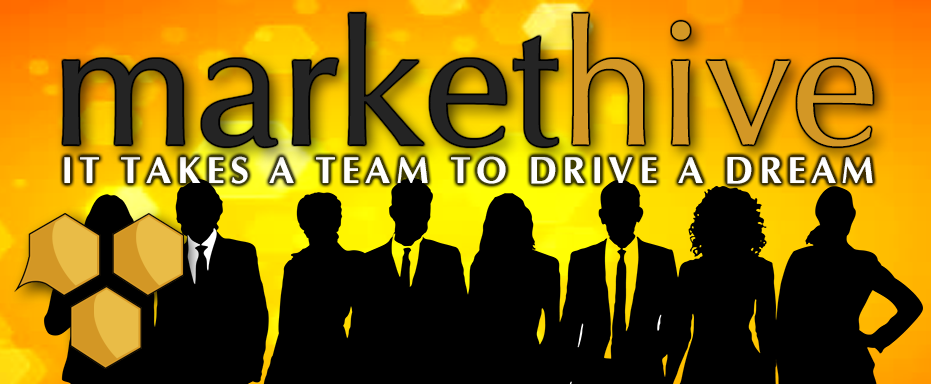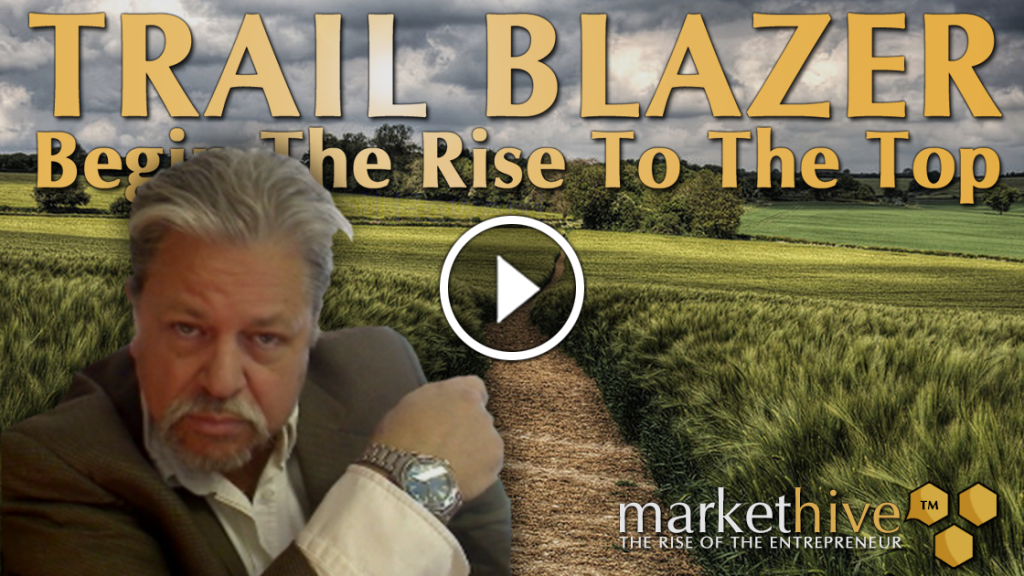Inbound Marketing Techniques Every Business Should Use
All types of businesses, but especially startups and smaller businesses, can benefit from these inbound marketing techniques, says contributor Neil Patel.

Every business needs to do some kind of marketing.
But what kind of marketing is the most effective? Most of the conventional marketing approaches are too expensive or unwieldy for smaller businesses and startups to successfully employ. That’s why inbound marketing, and its various techniques, make sense for any business — but especially for startups and smaller businesses.
Inbound marketing is more of an approach than it is a list of tactics. Inbound marketing, at its core, is about attracting prospects to your business rather than going out to find those prospects. Traditional marketing relied on email lists, cold-calling, billboard advertisements, and direct mail. Modern inbound marketing uses organic search traffic, opt-in email forms, and content publication to attract customers. Inbound marketing is the best approach for today’s businesses, whether B2B, B2C, e-commerce, SaaS, tech, non-tech, brick-and-mortar or otherwise. Here are the six inbound marketing techniques that I’ve used with amazing success in my startups, and that you can use to grow your business.
Give Away A Free Guide That Is Directly Related To Your Business
If you’ve ever seen any of the resources like these I’ve created, you’ll know that I’m a big believer in creating advanced guides.Each of my guides is thousands of words long, making them a huge source of organic traffic. I didn’t publish them simply to get words out. I published them to provide marketers with rock-solid information. Many marketers I know use this technique to build their email lists, like AudienceBloom, which published The Definitive Guide to Marketing Your Business Online.
One of the best publishers of free guides and resources is HubSpot, the grandfather of inbound marketing. HubSpot’s collection of resources deserves to be called a “library” simply due to the sheer volume of resources. If you’re looking for a good model of a company that creates free guides, HubSpot is the exemplary. Make sure that the guide is relevant to your business. HubSpot can afford to publish a huge variety of guides because they are a big business that plays in a lot of sandboxes. Keep your guide as specific as possible, because you are using it to gain a certain type of visitor — ideally one who will convert to become a customer.
Pick One Or Two Keywords, And Optimize The Heck Out Of Them
Inbound marketing is nearly synonymous with “SEO.” So, how do you “do SEO?” There’s a lot to know. One of the most important features of SEO, however, is the power of keywords. In order to successfully gain traffic for relevant keywords, you have to use those keywords on your site. Though some may argue that keywords aren’t as important as they used to be, you still need to be aware of — and use the words — that people might enter into a search engine when they’re looking for content like yours. Many marketers I know try to gain traffic for tons of different keywords. Instead of focusing on a few relevant terms and variants that mean the same thing, they try to do this:
- Gain first-position result for head terms — the most commonly searched terms. But, try as you might, you’re not going to gain the first position on Google for “iPhone” or “computer.”
- Simply improve their keyword rank. However, there’s more to SEO than keyword rank. Moving the needle on keyword position is nice, but that’s not going to create better traffic.
- Trying to gain position for a huge variety of keywords. Although, it’s good to have a comprehensive list of keywords that you’re tracking and targeting, it’s a waste of time to try to win all of these keywords at once.
The solution is to focus on a few keywords that are valuable and create specific pages on your website that are for those keywords specifically. A good example of this is Practical ECommerce, which targeted the keyword “A/B testing tools for small business.” When you eliminate ad results, they rank number one: The company chose a long-tail (less-searched) keyword that was relevant to its business, optimized for that word, and came out on top.
Build Your Personal Brand
In order to be a truly successful marketer, you’ll need to build your personal brand. I recommend the personal brand approach for anyone who’s involved in marketing, but especially for startups. Today’s startup culture is dominated by personalities who can successfully advertise themselves as leaders, as much as they advertise their companies as innovators.
Entrepreneurs like Jayson DeMers, Joel Gascoigne, and Hiten Shah are examples of people building businesses by means of building their personal brand. If you start a business, it’s virtually impossible to separate yourself from that business. It only makes sense to use your personal brand to build that business. Many brands such as Tim Ferriss’s and Ramit Sethi’s depend almost exclusively on the power of their personal brand. Some entrepreneurs build businesses that are founded upon their personality and their advice. You may choose a different approach. Instead of building the brand upon your personality (like Sethi and Ferriss), you can build your brand then use your personal brand to promote it.
Ask And Answer Questions On Social Media
Social media turned inbound marketing into a viral interactive experience. Now, instead of just hearing about companies and going to them, potential customers found companies, followed those companies, and interacted with those companies. In study after study, social media has a very low track record of bringing in conversions. Email and organic search are by far the best sources for conversions. Don’t depend upon social for your conversions. But you should engage socially as a powerful method of inbound marketing. It may not bring conversions, but it does other things that enhance your brand.
It’s not enough to merely have a presence on the social media platforms. Instead, you need to engage these platforms. Social media is social. That means that there are real people behind every like and follower. In order to connect with those people, you need to ask questions, answer questions, respond to tweets, recognize +1s, and be a presence. In the case of HubSpot, it is vigilantly monitoring its brand, and scouring the social sphere for mentions. People might hashtag it, tweet at the company or talk about it. Each of these social mentions provides an opportunity for HubSpot to interact with the mention, thereby increasing its brand image and its reach into other social networks.
Create An Email Popup
Popups are controversial. Even though some people hate them, they’ve proven to be successful. In every business I’ve built, I’ve used some form of email opt-in to build my email list. An email list is one of the single most important factors in building a business. I’ve been able to leverage the power of my email list to create compelling subject lines and grow my businesses even more. If you really want to grow your email list, use a popup opt-in form. You’ll be blown away by the results. ShopifyNation is a great example of using a successful popup opt-in.
Guest Blog
Guest blogging is an ideal form of marketing for so many reasons.
- Powerful linkbacks
- Bigger audience
- Personal brand building
One great reason that guest blogging is such an awesome form of marketing is that it gives you the right to do the list of publishing brands on the landing pages lends a sense of prestige and cachet. As the reasoning goes, if you’re mentioned on Marketing Land, New York Times, Huffington Post, etc., you’re probably pretty important. This is just one of the reasons that guest blogging is such an effective inbound strategy.
Conclusion
There are hundreds of ways to use inbound marketing to grow your business. These six are just the start, but I think that they are the best way to start. I wouldn’t suggest them if I haven’t used them myself. They truly work, and I can prove it. The best way to prove it to yourself is to try it yourself. If you aren’t using any of these inbound techniques, pick one, try it for six months, and see what an impact it makes for your business. What has inbound marketing technique you found to be the most successful?
Chuck Reynolds
Contributor
Alan Zibluk Markethive Founding Member


 Markethive is a Market Network
Markethive is a Market Network







